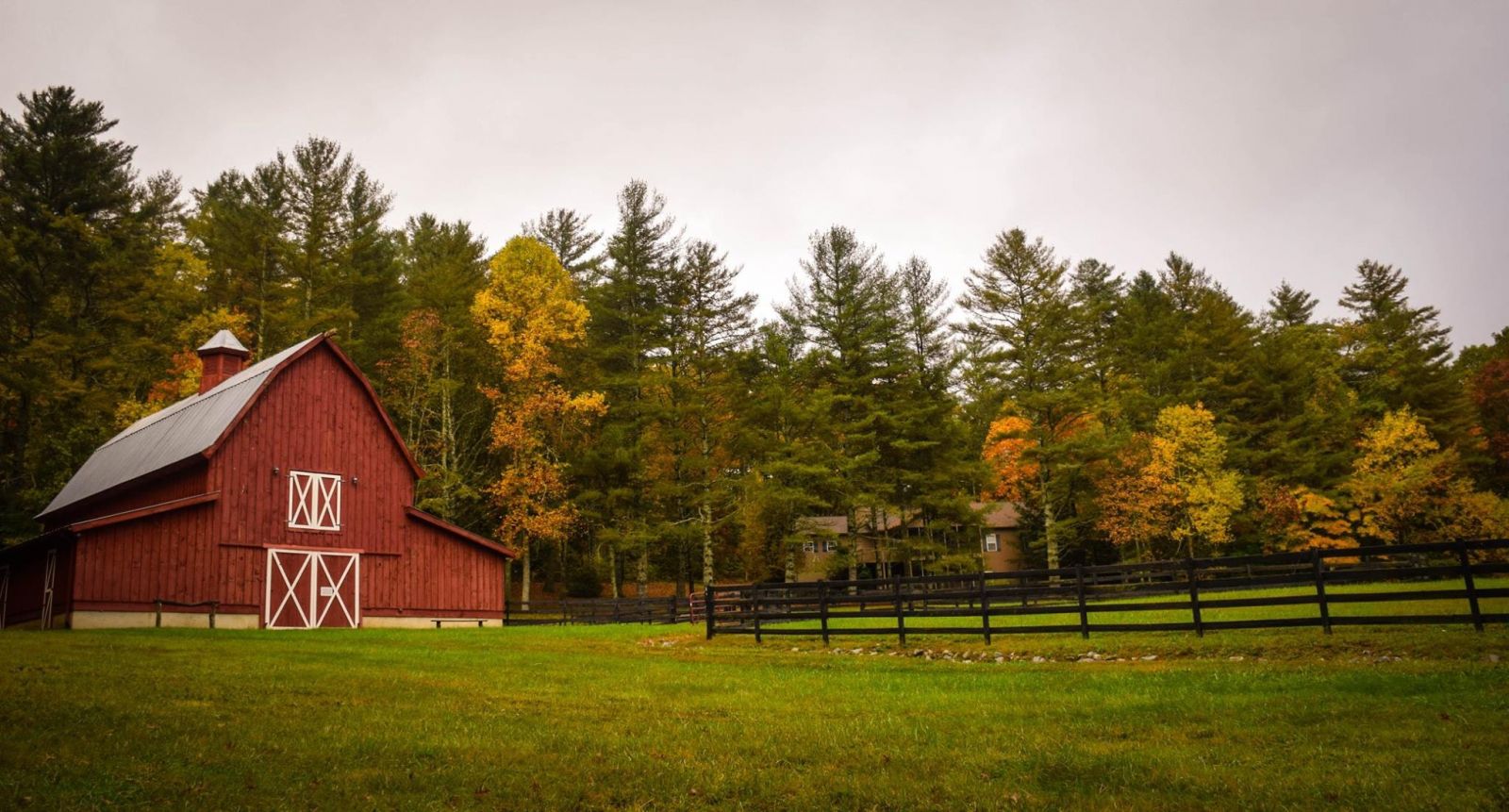 In this past year there were many real estate transactions where people purchased raw land with the intent that someday soon they would build a new home and live happily ever after in the country. Many of those parcels were 10-20 acres, which were only a portion of a larger piece of farm ground that is now being broken up and sold for building lots. In some cases there was an existing farm lease that enabled the farmer, (not necessarily the owner) to continue to farm the property. The problem is that most of these leases were verbal agreements, formed by a conversation and a handshake. Such innocent agreements are often forgotten or abandoned when a land owner decides to sell.
In this past year there were many real estate transactions where people purchased raw land with the intent that someday soon they would build a new home and live happily ever after in the country. Many of those parcels were 10-20 acres, which were only a portion of a larger piece of farm ground that is now being broken up and sold for building lots. In some cases there was an existing farm lease that enabled the farmer, (not necessarily the owner) to continue to farm the property. The problem is that most of these leases were verbal agreements, formed by a conversation and a handshake. Such innocent agreements are often forgotten or abandoned when a land owner decides to sell.
Sometimes the new land owner is eager to put their new land to use, by installing fencing for a few pet horses or raising a few chickens or goats, but often the land lays fallow, mostly unused except for a little patch of green lawn that surrounds the house. In such cases, there are a couple of compelling reasons for the new owner to honor that old lease or start fresh with a new written agreement with the neighboring farmer. First, it is a good way to have a little extra income to pay at least part of the taxes. Secondly, having someone farm it is also a good way to control the weeds and could be a strategy to qualify for lower taxes.
Since most of these parcels still qualify for the Current Use Program, the new buyers likely signed a continuance document at or before closing, agreeing to
continue producing a minimum of $200 of income per acre every year.
People who are keeping a few head of horses would probably not be able to meet that production standard. On the other hand if the neighbor farmed the ground and produced one or two cuttings of hay then it would probably qualify to remain in that tax designation.
Since farm equipment is expensive to purchase and maintain, it wouldn’t be economical for a hobby farmer to do that. Instead, they can opt to create a lease agreement with a farmer who is already in production nearby.
Be prepared to make a long term commitment since it takes years to cultivate, seed and fertilize ground before it will produce a good crop. Be prepared to compensate the farmer for losses when you decide to sell or when you build on your raw ground and some of the crop land is disturbed.
.jpg)
Jim Palmer, Jr.
509-953-1666
www.JimPalmerJr.com

See my blogs at:
www.RealEstateMarketPlc.com
Two Multiple Listing Services
Professional Representation for Buyers & Sellers
Residential • Acreage • Residential Acreage
Waterfront • Ranch • Farm
© Copyright 2025 | All rights reserved | Privacy Policy
"We do not share any client data with third parties. Your personal information is kept confidential and is not disclosed to any outside organizations except as required by law or with your explicit consent."
